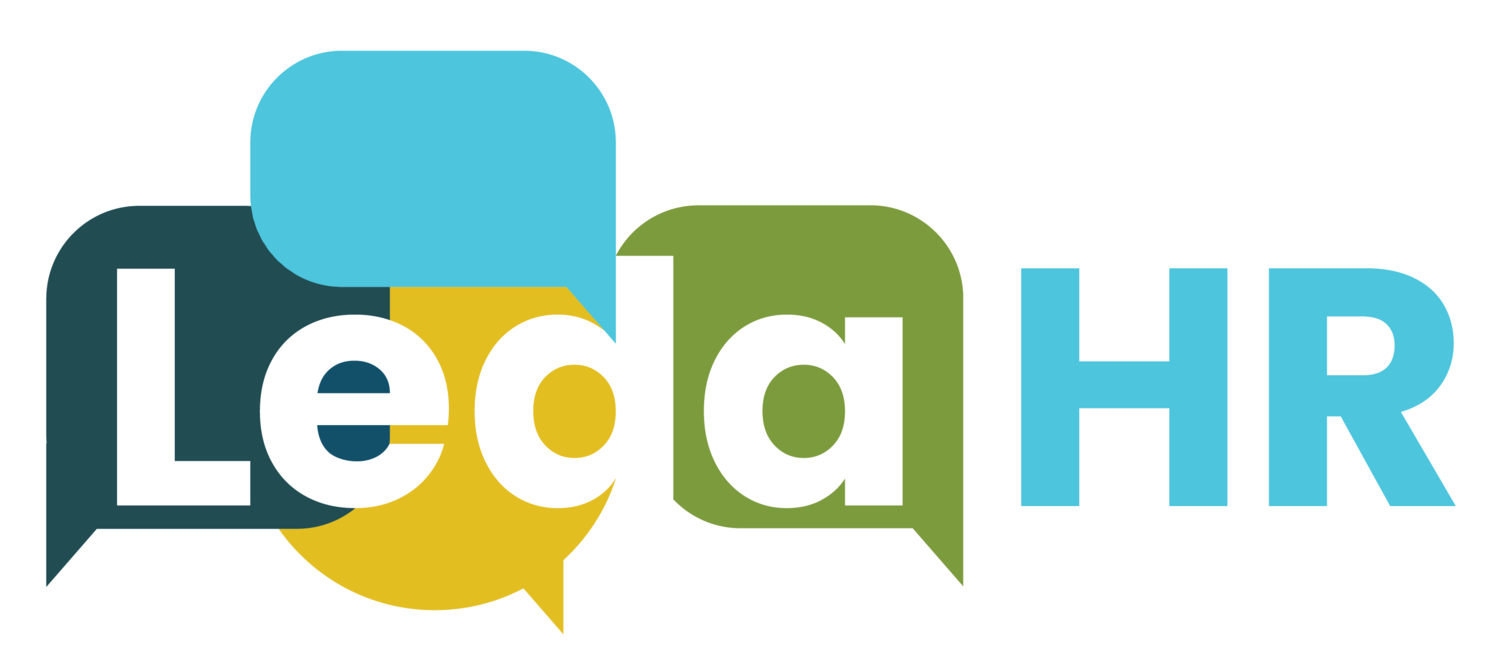Why I Hate International Women’s Day
Photo credit: Canva.com
By Kristin Bower
I hate International Women's Day.
OK, maybe I don’t really hate it. What I dislike is the fact that we have a DAY at all. Stay with me for a second…
We have DAYS for all sorts of things and people and groups. If you are “lucky” (that word is heavily laced with sarcasm, by the way) you get a week or a month. Like Black History Month or Pride Week.
Yes, these are opportunities to celebrate diversity and the beauty of the human beings within these groups. They also serve as big, flashing neon reminders that if you have a day, week, or month in your honour, it means that the fight for equity and equality is still ongoing.
And there it is: the core of my discontent.
International Women’s Day is more important ever.
While I wish that we didn’t need International Women’s Day, it might just be more important and relevant than ever before. The secretary general of the UN, António Guterres, just this week warned, “Gender equality is growing more distant. On the current track, UN Women puts it 300 years away.”
Ugh! It’s enough to make me wanna curl up in bed under the covers. For about a minute.
Then it motivates me!
OK, I know, this post has been a bit of a bummer so far but here’s the really great news: we can ALL do something to create positive change.
3 Ways to Work Towards Gender Equity
1. Make your Gender Equity Efforts Inclusive
If your efforts towards gender equity are only about cisgender white women, then you aren’t really working towards gender equity. Period. Ensuring that all voices are heard and represented in your efforts is the first and most important step in any gender equity work that you do, either as an individual or as an organization.
As described in this article from UN Women, “Intersectional feminism centres the voices of those experiencing overlapping, concurrent forms of oppression in order to understand the depths of the inequalities and the relationships among them in any given context.”
No one gets left behind. Let that be your mantra.
2. Collect Data
Do you think there is pay equity and equal opportunity to advancement for all genders in your organization? Or do you KNOW it for sure?
Talk to your employees to collect anecdotal feedback – get a sense of what your employes believe to be true. Then test those beliefs by collecting and analysing salary and promotions data. Take a look at you gets hired in the first place and who is leaving your organization.
As James Baldwin said, “Not everything that is faced can be changed, but nothing can be changed until it is faced.” Face the truth in your organization, especially if it’s uncomfortable.
3. Engage Men
Gender equity is not just a women’s issue, it’s an everyone issue. There are MANY proven benefits to gender equity (check out this blog post from the Canadian Women’s Foundation for just a few fabulous examples) but to achieve these things we need guys on board, too.
With the majority of CEO and executive leadership positions still held by men, many of the decisions that are made in the workplace are made by men. But it’s not always easy to know HOW to be an ally. And for that I encourage men to:
a) Ask women what they are experiencing and what they need and then listen to them; and
b) Learn about how to be an ally. You can do this by checking out some of the great resources that NextGenMen offers.
I see many organizations, workplaces, and people jump on board the allyship bandwagon, but it doesn’t often last. Think about it for a moment. If your workplace celebrated Pink Shirt Day in February, what else happened in addition to wearing company-branded pink t shirts?
Let’s not let International Women’s Day (or any of the important days/weeks/months that are coming up) be about just a brief, fleeting moment in time.
Let’s start a new thing. Let’s commit to REAL change. And then let’s do it – even when it’s hard (especially when it’s hard).
Who is with me?
Kristin Bower is a partner in Leda HR and a diversity, equity, and inclusion consultant living and working in Metro Vancouver on the traditional and unceded lands of the Katzie (q̓ic̓əy̓) People. Endlessly curious, she is dedicated to making the world a better place, one small act or conversation at a time!

